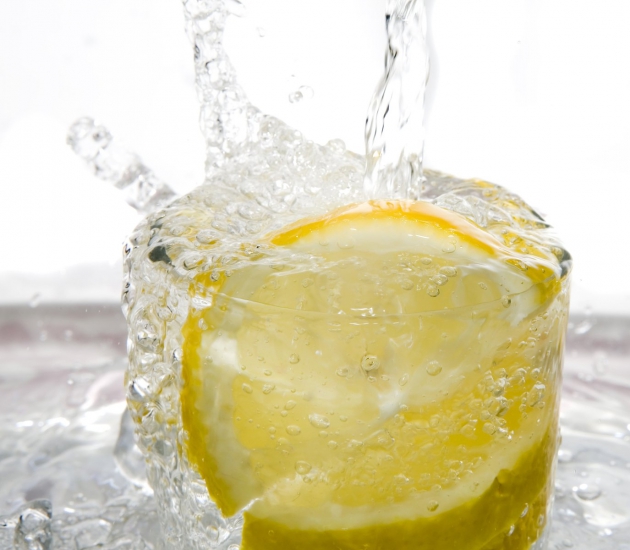With more than 30 years’ experience in the residential and commercial water treatment space, Mark Nelson is a Class 1 Drinking-Water Operator and a CBWA (Canadian Bottled Water Association) Certified Plant Operator. As founder and president of Nelson Water in Ottawa, Mark focuses on dealing with challenging water treatment system designs for problem water. He also heads the largest water bottling plant in the city of Ottawa with a delivery network throughout the Valley.
Many people are now aware of the clear links between drinking adequate amounts of water and enjoying good health. Health authorities recommend that eight glasses of water are drunk every day to prevent dehydration and improve our health. One of the overlooked aspects of this good advice is the importance of drinking good quality water. Let’s take a look at why using poor quality water can adversely affect our health and other aspects of our daily lives.
Avoid Drinking Poor Quality Water
Before we explore the qualities of good water, let’s take a moment to look at the detrimental effects of drinking poor quality water. Water contaminants have always been one of the leading causes of disease throughout history. This is still the case; poor quality drinking water can contain contaminants, such as hepatitis A, Shigella, norovirus, E. Coli, and Giardia intestinalis. There are also other potential health risks, including bacteria, viruses, pollutants, and organic and inorganic matter.
Lead Pollution Issues
One of the most reported risks in recent years has been lead pollution, which has been linked to developmental issues, short attention spans and learning difficulties in younger children. This is a serious concern, but adults could also be at risk from conditions, such as memory loss, mood swings, miscarriages and high blood pressure.
Using Poor Quality Water in the Home
Poor quality water is often hard water, and it can also affect your home in other ways. Hard water contains large quantities of dissolved minerals; these are predominantly calcium and magnesium. Water acts as an efficient solvent for dissolving minerals, and as a result, the chemical composition of the water is changed.
Hard water can cause the accumulation of scale and deposits on plumbing fitting and inside water using appliance. This buildup of scale deposits increases the amount of energy required by the appliance to achieve the desired result. A buildup of scale on a water heater will impede the heating of the water, and more energy will be needed. This lowers the energy efficiency of the appliance and then raises the energy bill. Plumbing affected by the buildup of scale, will gradually reduce the water flow and eventually it may stop altogether. Appliances and plumbing affected by hard water will not last as long as intended and frequent repairs or replacements may be required.
The particles in hard water impede the ability to form soap lather and this can have a dramatic effect on how you clean in your home. It’s not uncommon for homes using hard water to use far more detergent than necessary to achieve lather. Despite this, even on higher temperature settings, clothes and laundry may not be cleaned effectively. After they have installed a water softener, many people are pleasantly surprised to find that they can use 50% less soap, wash at lower temperatures and still achieve far better cleaning results. The savings made on lower energy bills, less detergent and smaller quantities of soap, can add up to significant savings annually.
Contact your local water treatment company to learn about your poor quality water at your home.

